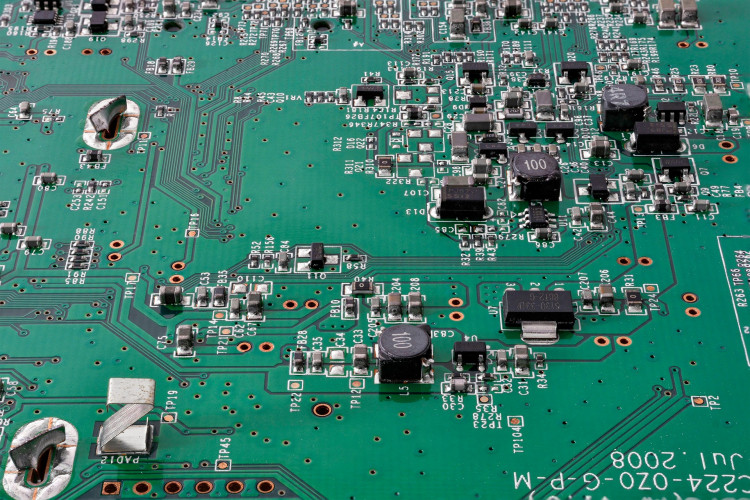The U.S. government has set aside $50 billion for semiconductor and production, president Joe Biden announced late Monday Eastern time after a virtual meeting with 19 of the world's largest chipmakers.
Executives from South Korea's Samsung and Taiwan-headquartered TSMC participated in the summit, alongside a handful of U.S. companies including General Motors, Dell Technologies, Intel Corp and AT&T.
No Chinese companies were invited to the meeting led by national security adviser Jake Sullivan and national economic council director Brian Deese, despite representing a key supply chain link in the global semiconductor and chip production industry.
"We're investing aggressively in areas like semiconductors and batteries...China and the rest of the world is not waiting and there's no reason why Americans should wait," the president told industry executives Monday.
Chinese authorities estimate that domestic businesses account for roughly 45% of global chip demand each year, leaving many chipmakers trapped between the feuding superpowers.
Samsung, which participated in Biden's Monday meeting, derived a quarter of sales from its Chinese customers last year. In addition, China is home to two of the South Korean company's semiconductor factories, though Samsung is likely facing pressure to establish foundries stateside as well.
The $50 billion investment by the U.S. government is part of a $2 trillion stimulus package for America's struggling manufacturing industry, but the ongoing semiconductor shortage is an international problem.
Microchips, which are used in everything from smart TVs and mobile phones to cars and gaming consoles, cannot be made without semiconductors and when the COVID pandemic began last year, many semiconductor manufacturers scaled back production.
However, rather than reducing spending, the pandemic resulted in greater consumer demand than ever for electronic goods, leaving manufacturers scrambling to bulk up their semiconductor reserves.
"Enterprise demand, which had been anemic for the last few quarters, is starting to improve as IT budgets increase in anticipation of economic recovery," Micron Technology chief executive Sanjay Mehrotra told Bloomberg News over the weekend.





